Burundi’s Minister of Interior, Martin Niteretse, announced on Wednesday that more than 35,000 Congolese refugees, including 100 Congolese police officers, have fled to Burundi since the beginning of February 2025. The mass displacement is linked to escalating violence in eastern Democratic Republic of Congo (DRC).
“Since February 1, 2025, an estimated 20,000 to 35,000 people have crossed the Rusizi River into Burundi, with an additional 5,000 entering through the Gatumba border post, most of whom are Congolese asylum seekers,” Niteretse said. He emphasized the need for international protection for the new arrivals, noting a significant surge in refugee numbers since February 14, 2025.
The majority of refugees are arriving at the Gatumba border post, near Burundi’s capital, Bujumbura. Exhausted and traumatized, many have been separated from their families and lack information about their loved ones’ whereabouts. In response, the United Nations High Commissioner for Refugees (UNHCR) and its partners are providing essential support as the refugees await registration and other reception procedures.
Recognizing the urgent and large-scale nature of the population movement, Niteretse announced that Burundi has granted refugee status to all Congolese asylum seekers entering the country. To manage the humanitarian crisis, the government will establish a special commission to oversee emergency security, shelter, food, healthcare, and the coordination of humanitarian assistance.
“The Ministry of Interior, Community Development, and Public Security will urgently create an ad hoc commission to coordinate and supervise emergency security measures, shelter, food supply, healthcare, and effective registration of refugees,” Niteretse said. “This will be done in close collaboration with the National Office for the Protection of Refugees and Stateless Persons (ONPRA) and UNHCR, ensuring swift and efficient humanitarian assistance.”
Niteretse also outlined planned actions, including relocating refugees to new sites and strengthening coordination with national and international partners. He appealed for solidarity from humanitarian organizations, civil society, and religious institutions to help manage the crisis.
He urged Burundians to continue their tradition of hospitality towards Congolese refugees while remaining vigilant against misinformation and rumors that could cause public unrest.
In Cibitoke Province’s Rugombo and Buganda communes, refugees reported harsh living conditions, with no shelter, food, or sanitation facilities. Speaking to local radio station Isanganiro, they appealed for urgent assistance, saying they fled without any belongings.
“Congolese refugees continue to arrive in Burundi, reaching more than 30,000 individuals in just four days. Gestures of solidarity are made by local communities and humanitarian actors, but substantial and urgent humanitarian assistance is needed,” said the UNHCR in a statement on X.
The refugee crisis follows heightened tensions in eastern DRC, where clashes between government forces and the M23 rebel group, allegedly backed by Rwanda, have intensified. Thousands have been killed, and many more displaced. Last week, M23 rebels advanced towards Bukavu, the capital of South Kivu, after capturing Goma, the capital of North Kivu, at the end of January, raising international concerns.
The United Nations has warned of the potential regional spread of the conflict. Bruno Lemarquis, the UN humanitarian coordinator for DRC, said: “The population can no longer continue to pay such a heavy price for a conflict that continues to spread and now threatens the stability of the entire region.”


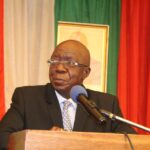

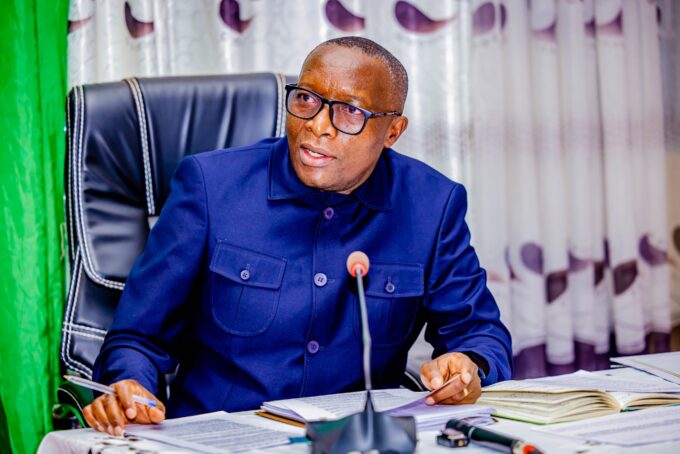
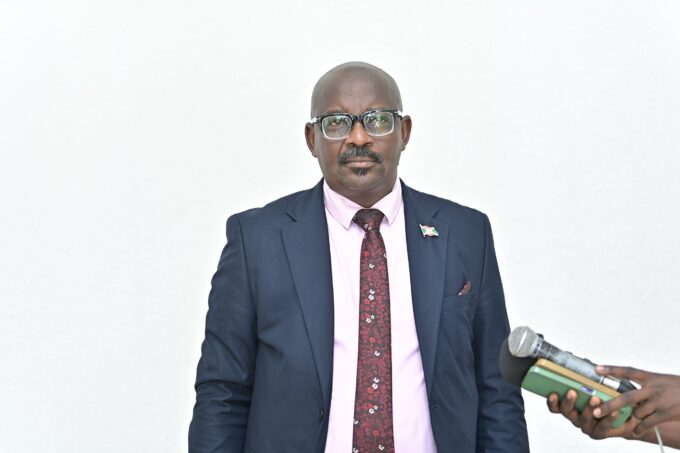
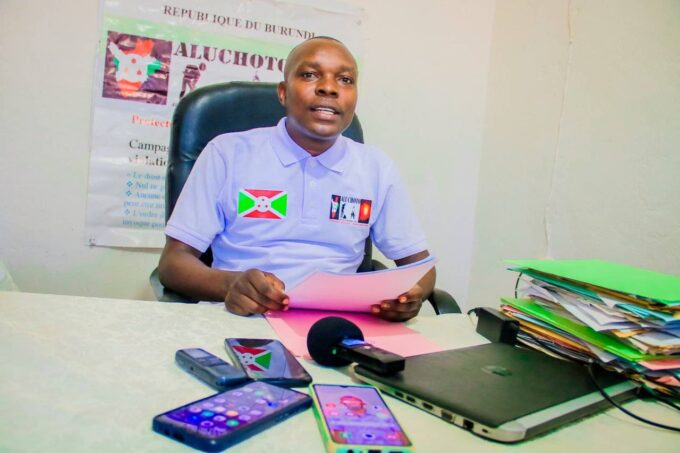
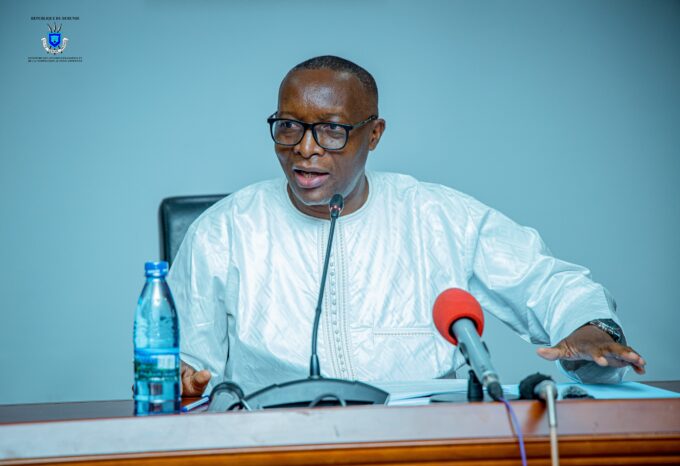
Leave a comment